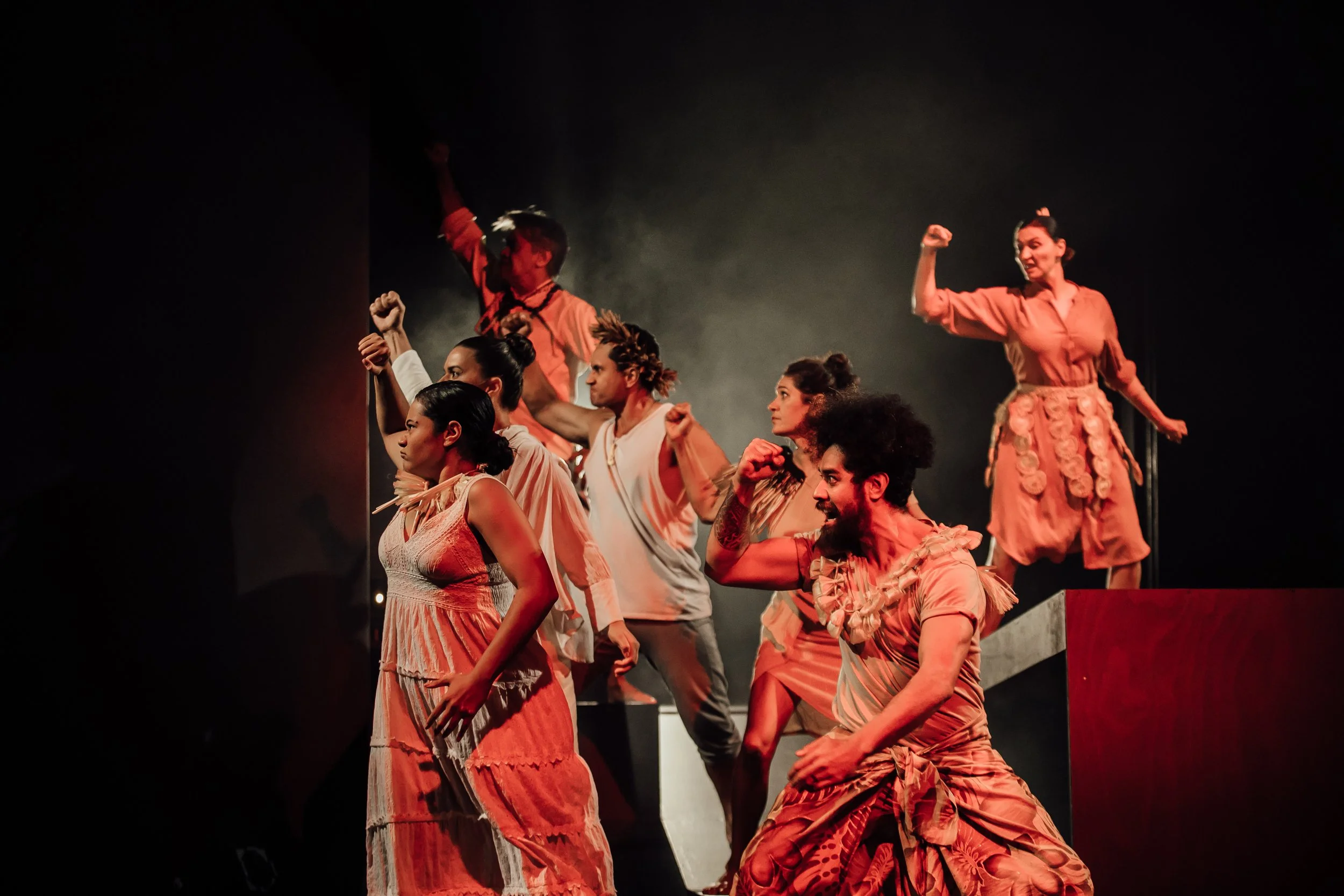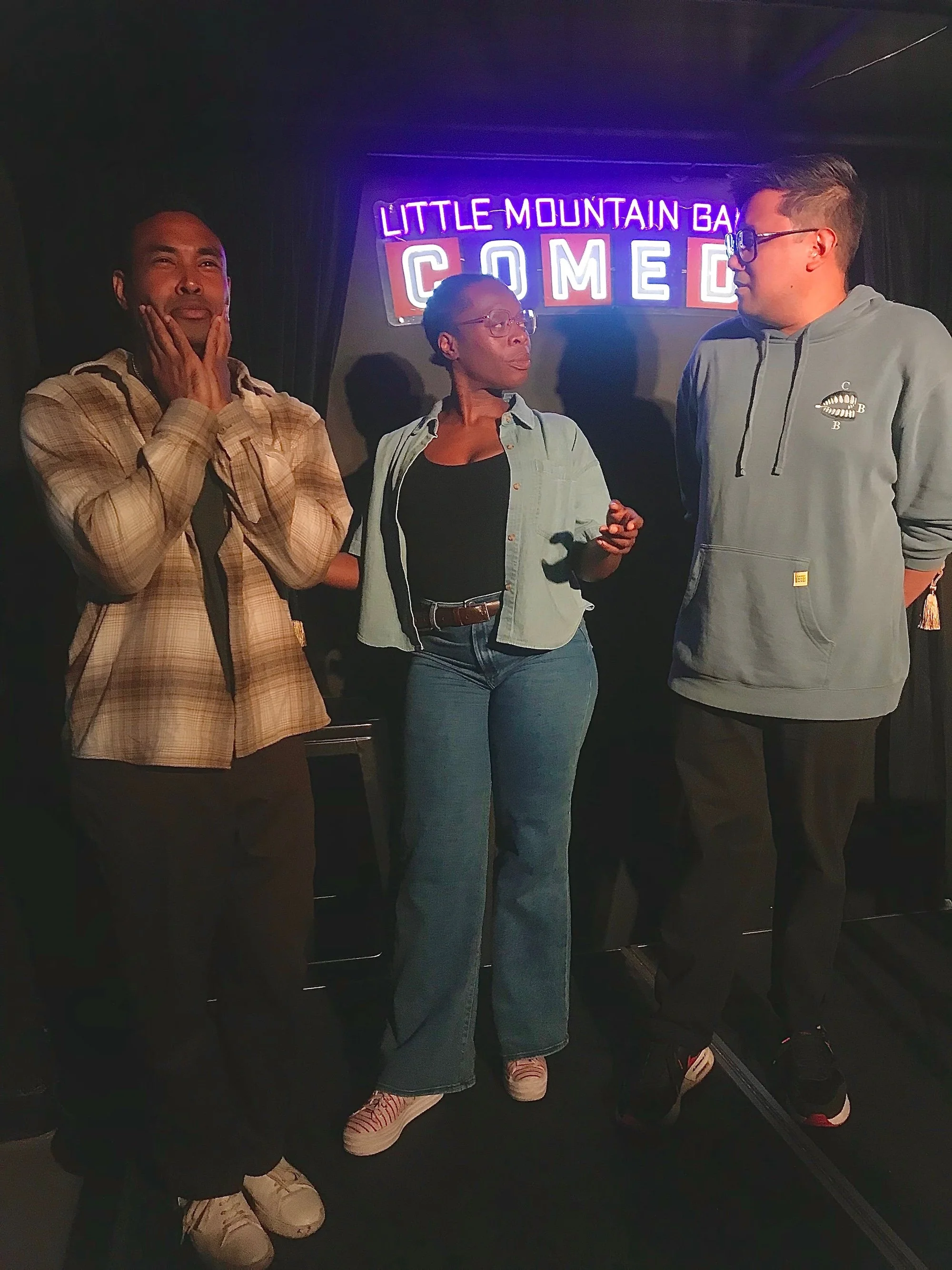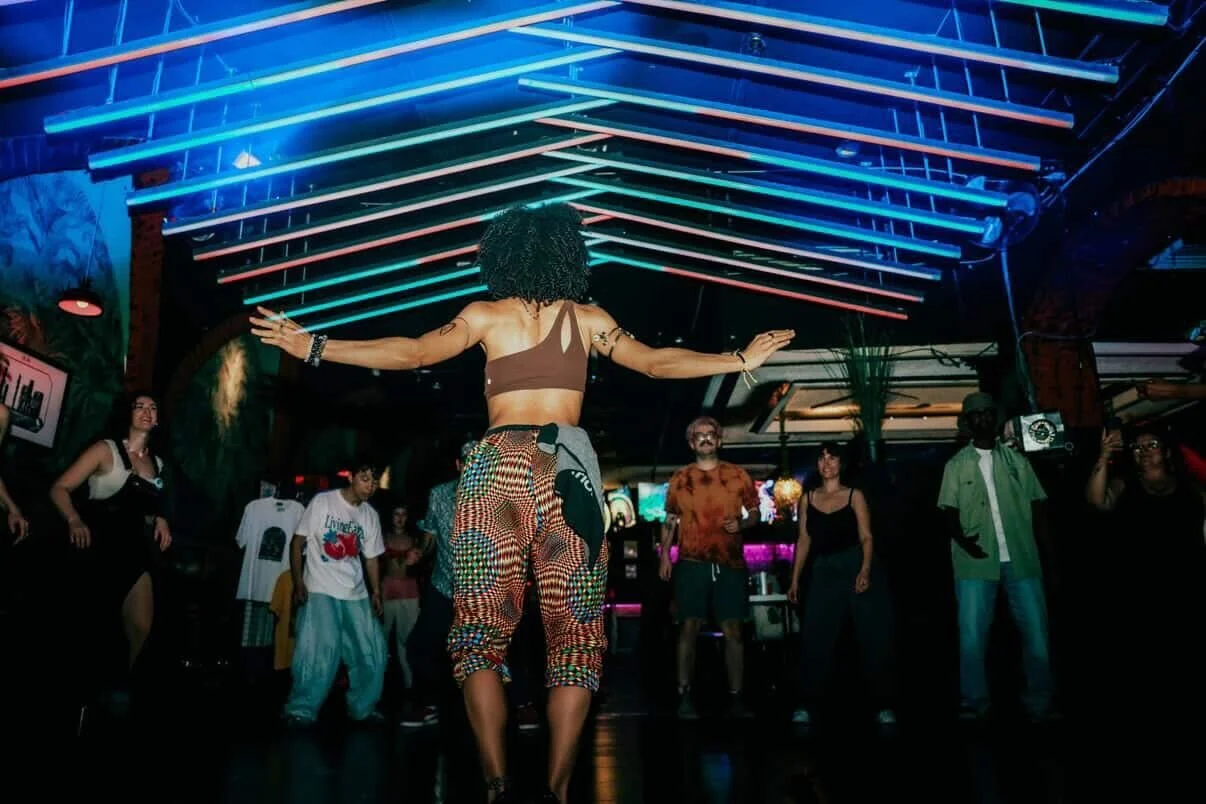Profile: Rod Clarke, Kim Koch, and The Paper Hound Bookshop
/This is the first in a series profiling some of Vancouver’s best independent bookstores and the book sellers who keep them up and running.
The Paper Hound bookstore is snuggled in the bottom of a building that was once a Victorian hotel at 344 West Pender Street. You’ll know it by the sign featuring a skinny whippet hanging over the street above the store and the little cart of books parked outside when the sky is clear. The Paper Hound is co-owned by bibliophiles Rod Clarke and Kim Koch, two extremely friendly folks who know a ton about books. The two met while working at MacLeod’s Books, just down the street from their current location, and decided to open up their own shop.
The Paper Hound stocks both used and new books and features an impressive collection of poetry and philosophy. Space is limited, so there is an evident focus on literature, but there are surprises hidden in the shelves: an excellent selection of beautiful children’s books, art books, drawers full of zines and chapbooks, and even a section for unique vintage cookbooks. The store is full of little wonders, which I won’t spoil for you here, but I had the opportunity to sit down with Clarke and Koche to talk about what goes into the spine of their bookstore and what it takes to sell books in 2016.
SAD Mag: Why did you decide to open a bookstore?
Kim Koch: I needed a job, I’d left MacLeod’s and I had tried to “make it in the straight world.” Rod always makes fun of me for calling it that but that’s literally what it felt like: square peg, round hole. And I just couldn’t find any employment. But I just found that book selling has always been a natural fit and it’s probably where most of my experience lies, it’s what I’ve been doing since I was seventeen years old, and it’s what Rod’s been doing since he was [nineteen] years old...There’s not a lot of bookstores, so we had a shot at opening our own and we decided to go for it.
Rod Clarke: Our total time at MacLeod’s talking about this was probably about a minute, we weren’t there scheming and dreaming. I said [regarding MacLeod’s] “This is just nuts! One day we should open our own bookstore!” and she was like “Yep!” Kim wanted an aspirational position, something that she could aspire to. If she was finding it that difficult to get a job [after she left MacLeod’s], I thought “Well, it’s going to be impossible for me!” So the next piece of the puzzle was finding [the] location.
SM: What is your vision for The Paper Hound?
KK: We’re fans of the MacLeod’s model: a serious antiquarian bookstore that’s wide ranging and esoteric, and we wanted to be able to do that on a smaller scale. We wanted it to be interesting, unusual, and also sort of representing a classical humanities library...You want to have the books that are desirable and unusual, and also the books that are commonly asked for but not necessarily always available.
You want people to want to have been in the physical place, to have gotten something out of the experience of it, even if it’s just like a serendipitous moment or a quirky discovery or brushing up against somebody else with a completely different set of interests and values that they can relate to just because they’re in the same place. Otherwise there isn’t much of a point to bookstores. People are just going to buy things online, so we wanted to make a place that was actually kind of exciting to be in.
SM: How did you get started selling books? How did you build up your knowledge of books?
RC: I started at nineteen at a place called Mall Book Bazaar which became Granville Book Company...At the time it was just books. Books and reading and favourite authors. But it’s a pretty satisfying job to be in, people love their bookstores, they love coming in to shops and talking books and writing and publishing with people. Talking to customers can be your most valuable resource. I’m constantly amazed at all the things I don’t know.
KK: [Victoria] is a good place to be from if you’re into books. I kind of grew up around books; my mom worked in bookstores and was a librarian. There was this bookstore in Victoria called Hawthorne Books and I would go in and sort of moon around, a dopey teenager in the Canadian poetry section. I was really into Susan Musgrave’s poetry so I picked up this book by a woman named Rikki Ducornet. It was signed and there was a postcard laid in it that was addressed to Susan Musgrave thanking her for putting on a show for her in the 70s, like there was all this stuff stuck into it. Not only was this the sea witch poetry that I was into, but it had all of this...bonus material. That sealed it. I was like, “I’m really into old books, I wanna do something with them” and so then I just did. Things lined up.
[I learned about books] by osmosis, it’s an accumulative thing. Lifelong learning is the catchword they use in museum circles and stuff but it really is. I think that there’s a personality type that has an innate curiosity about things and that’s helpful—it helps if you have a good memory, it helps if you give a hoot about books. I need to be near the books, even if I’m not the most well read person in the world. It helps to be curious about other people, to sort of be interested in being a kind of auxiliary to someone else’s inquiry.
SM: How do you curate the books you want to sell at the store?
RC: The stock in a place like this is changing all the time. We get a chance here to buy focused collections from people, which is a real privilege. People call you to their house and you meet someone through their books, their library. Sometimes its an estate situation—someone’s passed away—or they have to move. A lot of that going on in Vancouver; everyone’s downsizing.
It’s a combination of chance and circumstance. There’s the backlist of the stuff you know you’re always looking for: beat literature and the classics from antiquity right through to the 20th century… Homer, Nietzsche, Dostoyevsky. There’s no shortage of good things in the academic realm and classics. As far as all the other stuff goes, sometimes you don’t know what you’re looking for until you see it. Do we have a place for it in the shop and, if we don’t, can we create it? It’s sort of about trying to create narratives around each section so that…you can hang a reason around why you’ve got these books.
The Paper Hound Recommends
Old Treasures
The works of Denton Welch
The Pumpkin Eater by Penelope Mortimer
The Spider’s Palace by Richard Hughes
Newbies
The Vegetarian: A Novel by Han Kang
Local Gems
Vancouver: Crawling, Weeping, Betting by David McIntosh and Chris Bose
This interview has been edited and condensed. Find out more about The Paper Hound at paperhound.ca and stay tuned for more bookish Q&As by Keagan Perlette, only on sadmag.ca.








